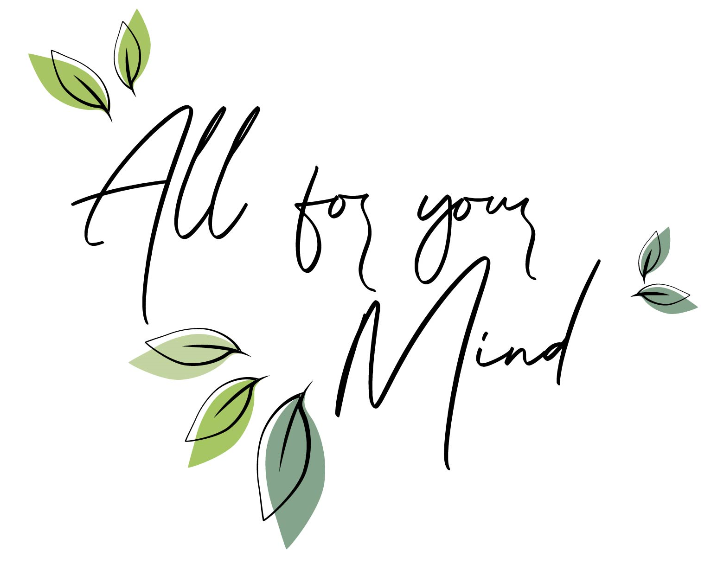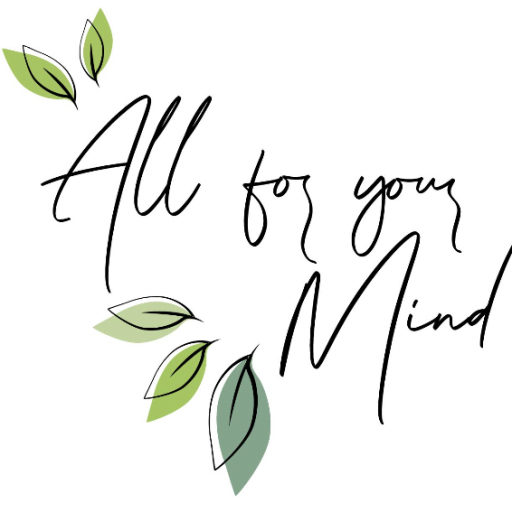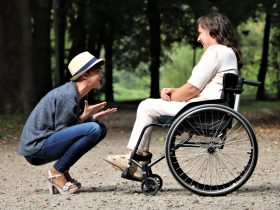We all have different mindsets and ways we process information. ADHD is a neurodevelopmental disorder that affects about 9% of the population, but it’s often misunderstood in adults. In this blog post, we’ll be talking about what ADHD is like for adults with it and how they can manage their symptoms to live a more fulfilling life.
What is ADHD?
People with ADHD can seem restless and may have trouble concentrating. Oftentimes, they’ll show the symptoms of various other disorders, such as depression, anxiety, or panic disorder. Some things to note:
- ADHD stands for Attention Deficit Hyperactivity Disorder
- It is a mental disorder that causes inattention, impulsivity, and hyperactivity
- This condition affects people of all ages, but it usually starts during childhood or adolescence
- The symptoms are different in adults than they are in children because the brain develops at different rates throughout life.
Still, if you have ADHD, there are things you can do to help manage your symptoms. And these might be less difficult than you think. Check out our article on smart goals for ADHD for more information.
ADHD symptoms

Some of the main symptoms of ADHD are as follows:
- Inattention
- Hyperactivity
- Impulsivity
- Difficulty with organization and planning tasks, such as homework or chores
- Problems in school performance (e.g., difficulty staying on task during lectures) or at work (e.g., trouble concentrating on a project)
However, many of these might be difficult to pinpoint in adults who may have learnt to control or mask some of these symptoms.
Adult ADHD symptoms
It is estimated that 5% of adults have ADHD. The symptoms are the same as in children, but they may be more difficult to spot in an adult because they are not hyperactive and impulsive. For example, a child might answer back when reprimanded or start yelling about something insignificant. So you can see how these behaviors would be far less subtle if exhibited by an adult with untreated ADHD. Some ways adults display ADHD symptoms are as follows:
- Difficulty paying attention
- Easily distracted
- Impulsive behavior
- Disorganization and forgetfulness
- Trouble with self-control
- Difficulty with time management
- Inability to focus on a task for more than a few minutes at a time
- Easily bored by tasks that are not stimulating or interesting
Diagnosis and treatment for adults with ADHD
- Diagnosis: ADHD is a neurodevelopmental disorder that affects people of all ages and backgrounds. ADHD affects the brain’s ability to pay attention, control behavior and process information.
- Treatment: There are many treatments for ADHD, including medication, therapy, and lifestyle changes. Before taking medication (especially with children), many try the therapy and lifestyle changes route which often has a massive impact in reducing the symptoms of ADHD. Some of these lifestyle changes include sleep, diet, and exercise.
- Medication: Stimulant medications are often used in the treatment of ADHD because they help increase focus and decrease impulsivity. Some medications used to treat ADHD include Adderall, Ritalin, Concerta, Strattera, and Dexedrine.
- Therapy: Therapies can help teach both children and adults how to manage their symptoms and improve skills like time management or organization. Cognitive-behavioral therapy (CBT) is one type of psychotherapy that can be helpful for adults with ADHD who have problems managing emotions like anger or frustration.



















25 Comments